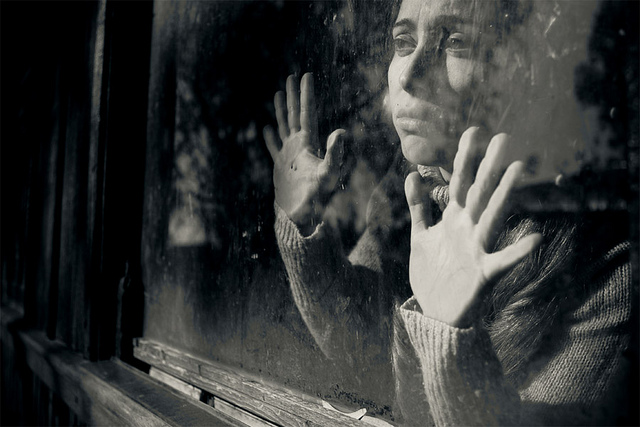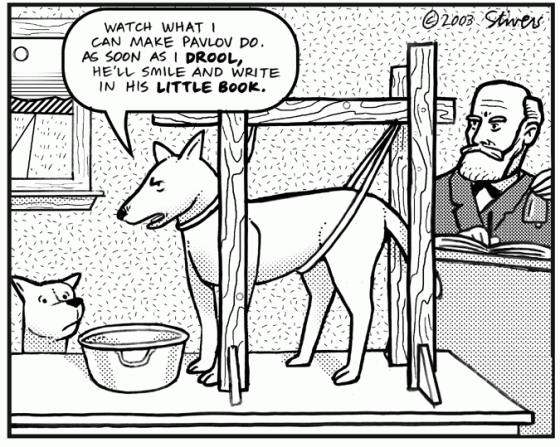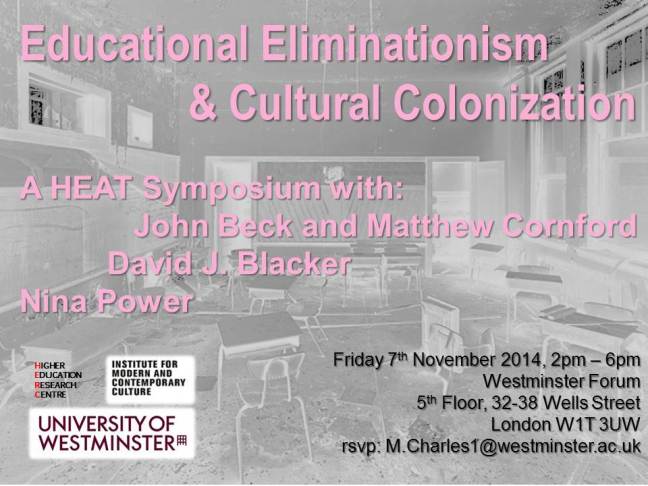Times Higher Education recently compiled a list of new words from the world of higher education that should exist, but don’t’. The list – spinpact, muke, grimpact, shitation, REFuseless, uninktastic, chancelling, thesaurophile, lecher theatre, fabstract and puniversity – perhaps provides a clearer snapshot of the psychic trauma associated with working in higher education in the UK than any long-term research project (predominantly a cluster of affects related to research anxieties, plus some resentment at managers and MOOCS, with only a couple of references to teaching and learning)…
Speaking of which, Joss Winn, who works in the School at Education at the University of Lincoln (which helped launch the Student as Producer project based on the writings of Walter Benjamin) and is a founding member of the Social Science Centre, Lincoln (a project based on the principle of free, cooperative higher education), has recently published an article on academic labour available here, which points out that:
…for several decades, academics have written critically about our profession producing a variety of individual monographs, edited collections and journals …dedicated to analysing the process and conditions of labour inside the academy. Yet despite much having been written about academic work, there is relatively little critical engagement with labour itself as the object of critique… Instead of a critical theoretical engagement with the category of labour, greater attention has been given to the conditions of labour and the subsequent “corrosion of character.” (Sennett, 1998) As the Historian, Moishe Postone has argued, the outcomes of such approaches tend towards an undialectical resistance to our own material conditions and an overwhelming sense of helplessness (Postone 2006).



